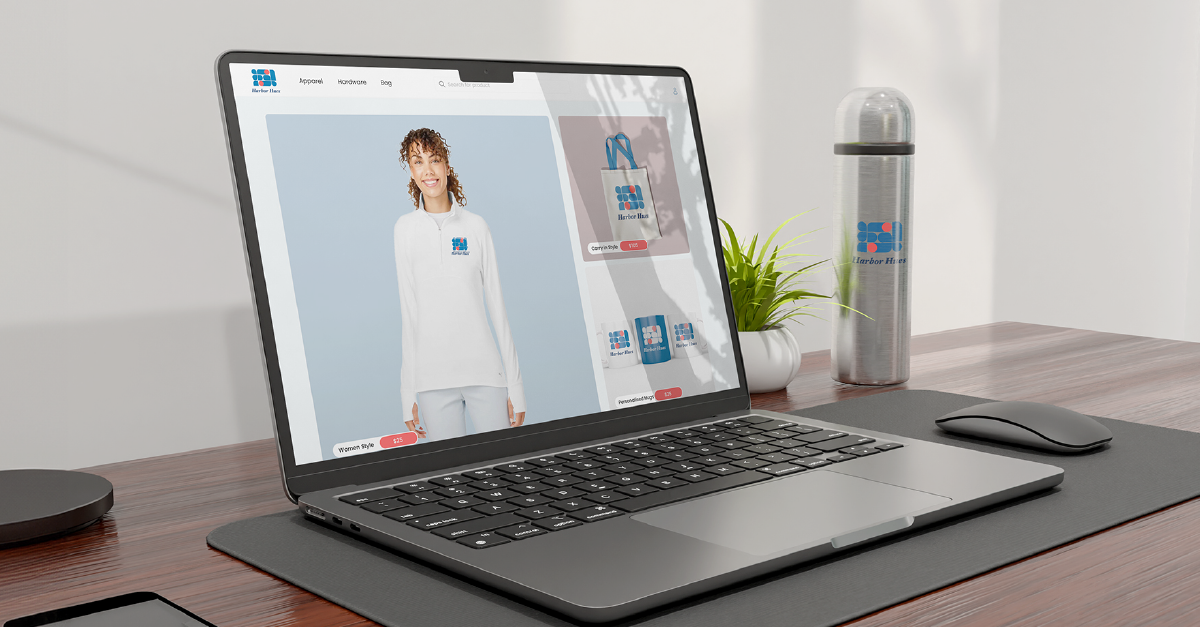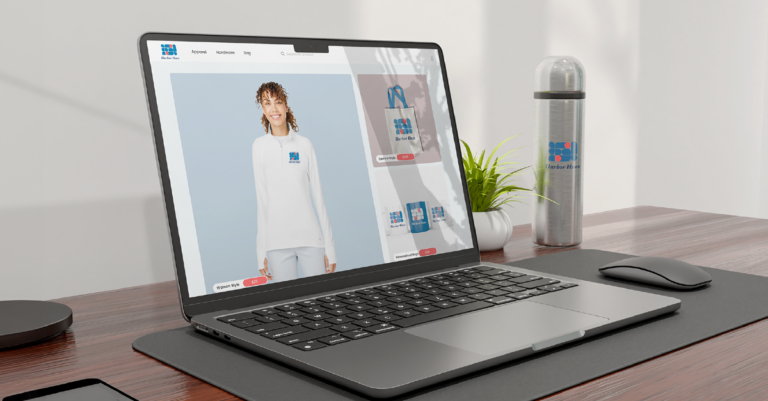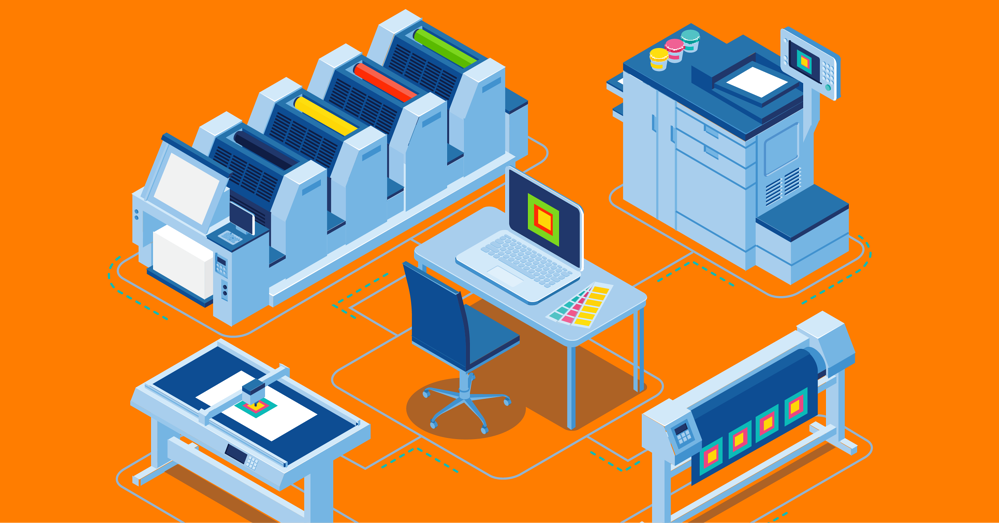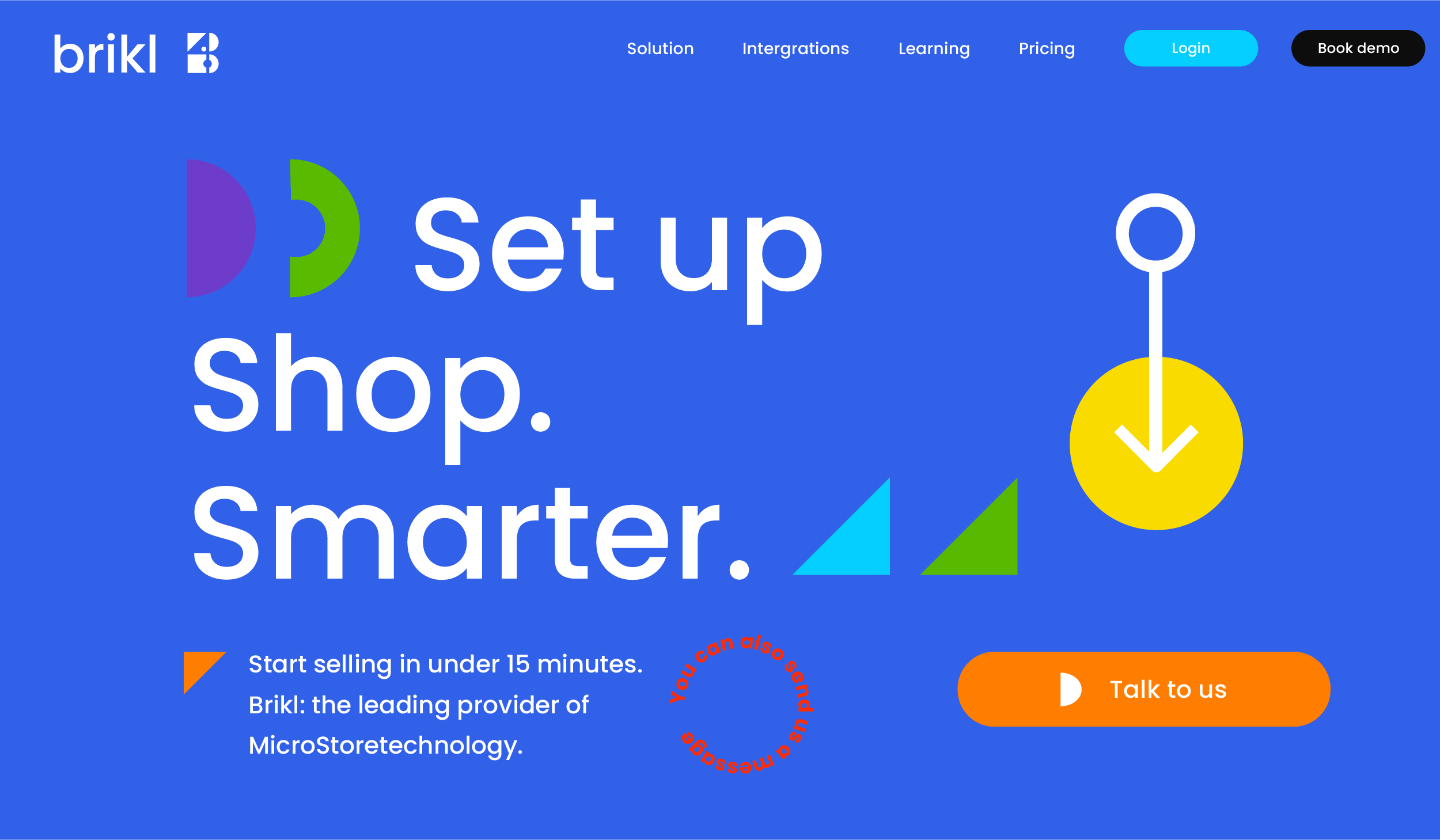One powerful way to embody the identity you want for your brand is through ethical merchandising—creating high-quality merch that aligns with your core mission and values.
Taking an authentic stance is everything. Consumers are savvy to trite “value” statements posted on corporate websites while engaged in rampant worker exploitation, environmental destruction, and tax avoidance (hello, Amazon’s empty “Customer Obsession” platitudes – we see you over there). Stand by your real values will do nothing but strengthen your brand and allow it to be steadfast under scrutiny. Think of it as activism through apparel rather than cynical “activism-washing.”
Take Patagonia as an example. The outdoor clothing brand has been an industry leader in sustainable business practices for decades under founder Yvon Chouinard’s unwavering commitment to the environment. In 2022, Chouinard went even further by transferring his $3 billion ownership stake into a trust to fight climate change. Every Patagonia product—from their classic fleeces to camping gear—isn’t just merch; it’s a direct extension of the company’s eco-activism.
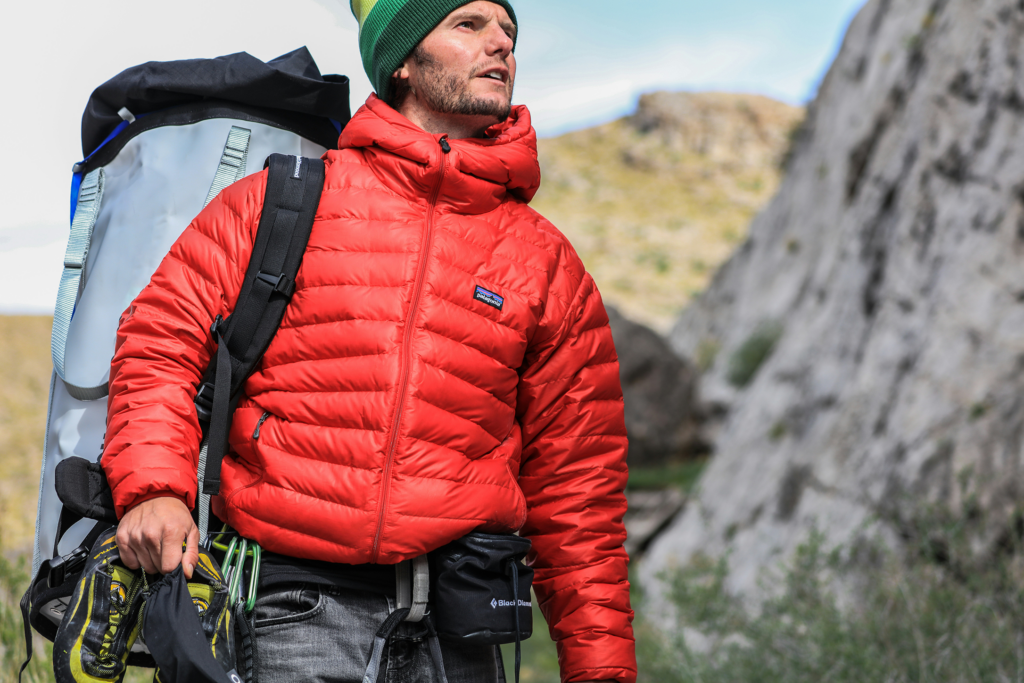
Or look at U.K.-based Birdsong, a fashion brand that exclusively manufactures through women’s refugee groups, immigrant collectives, and other marginalized communities. Their clothing isn’t just stylish; it’s a wearable rebuke against fast fashion’s human rights abuses.
But there are varying degrees of what brands everywhere can do.
Conscious Commerce: It’s Good Business
Values don’t necessarily make for a viable business”
- Anonymous CRO of a promo products company
We couldn’t disagree more. We know firsthand that independent brands can tap into the $349 billion merchandising industry by tapping into conscious commerce platforms while avoiding many social and environmental pitfalls endemic to fast fashion and corporate merch. For example:
- Sustainable & Ethical Production: Through Brikl’s supplier integrations, you can source eco-friendly production methods and robust codes of conduct that prohibit things like sweatshop labor, forced labor, and workplace discrimination. Take SanMar as an example. Their C-FREE styles include garments that have been certified as carbon neutral by Carbonfund through their Carbonfree product certification program. And their shirts from Allmade are made from a blend of organic cotton, modal, and recycled polyester, and always with the well-being of those who make the shirts in mind.
- Transparent Supply Chain: Through Supplier Transparency Reports, you can view details on exactly where and how all supplier merchandise is produced.
- Community-Driven: Choose a platform and business model that empowers individual creators and causes rather than massive corporations. Collaborate with local artists, influencers or brands that share your values can extend your reach and add layers to your brand’s story. These partnerships should be strategic, chosen for their alignment with your brand identity and their ability to engage with your target audience authentically.

Authenticity Generates Value
As we’ve already shown, critics may scoff: “Sure, ethics are nice, but building an ethical merch brand is a privilege only affordable to the wealthy.” Look under the hood, and this is usually a myth perpetuated by those benefiting from an exploitative status quo or a rigid model that can’t accommodate the needs of present and future customers.
The reality is that today’s consumers—particularly younger demographics—are actively seeking out brands with genuine social and environmental commitments. They don’t just want “feel-good” branding; they want brands that embody their values through concrete actions.
According to one study, 63% of consumers prefer to buy goods and services from companies that stand for a purpose that resonates with them. And they’re willing to pay premium prices for it, with 66% indicating they’d pay more for sustainable goods.
Far from being a niche novelty, conscious consumerism is now a multi-trillion-dollar market force. Brands that build legitimately ethical and sustainable supply chains aren’t just doing the right thing; they’re tapping into a massive demand.
Your Merch, Your Brand Story
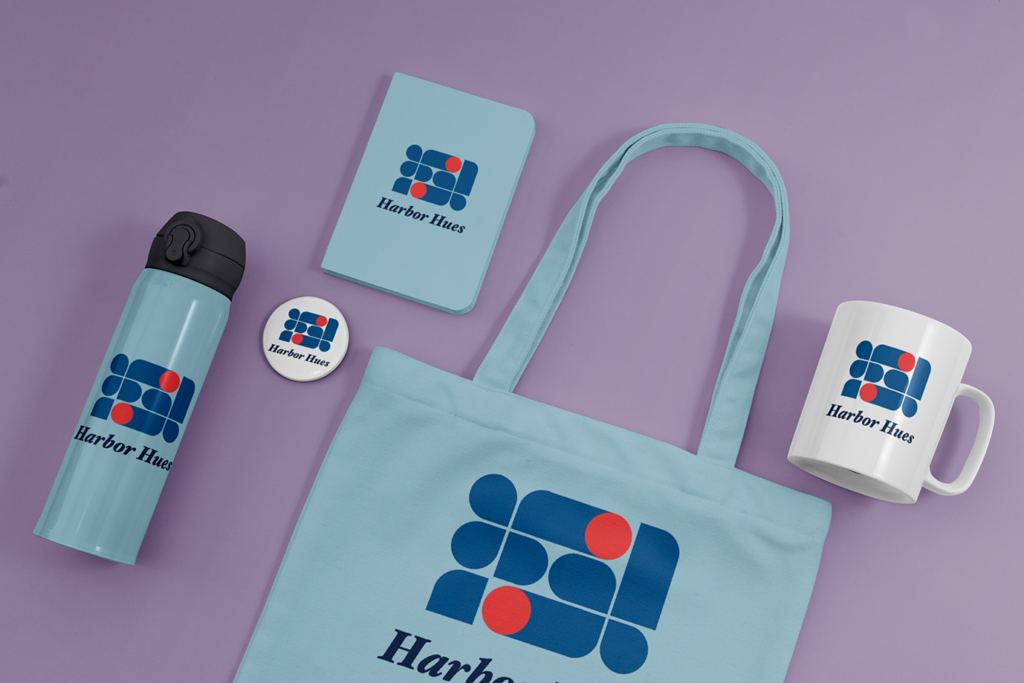
At the end of the day, the real value behind ethical merchandising is the ability to express your unique identity, mission, and story in material form. It’s a way to put your values into the world in a way people can quite literally wear and engage with.
So whether you make feminist skateboarding apparel, anti-racist outdoor gear, or sustainable locally sourced streetwear, focus on merch that authentically captures your essence. Scrap the empty corporate branding—those sterile mission statements destined for the overflowing meaningless void.
Make apparel that aligns with the world you’re trying to create, whatever that vision is. Otherwise, you’re just pushing merch down another faceless capitalist supply chain benefiting the same handful of corporate logos your grandmother can name from memory.
This is about more than just product design. It’s about weaving the threads of an entirely new identity for your brand—and, just maybe, for us as humans to collectively transcend the branded trance.
